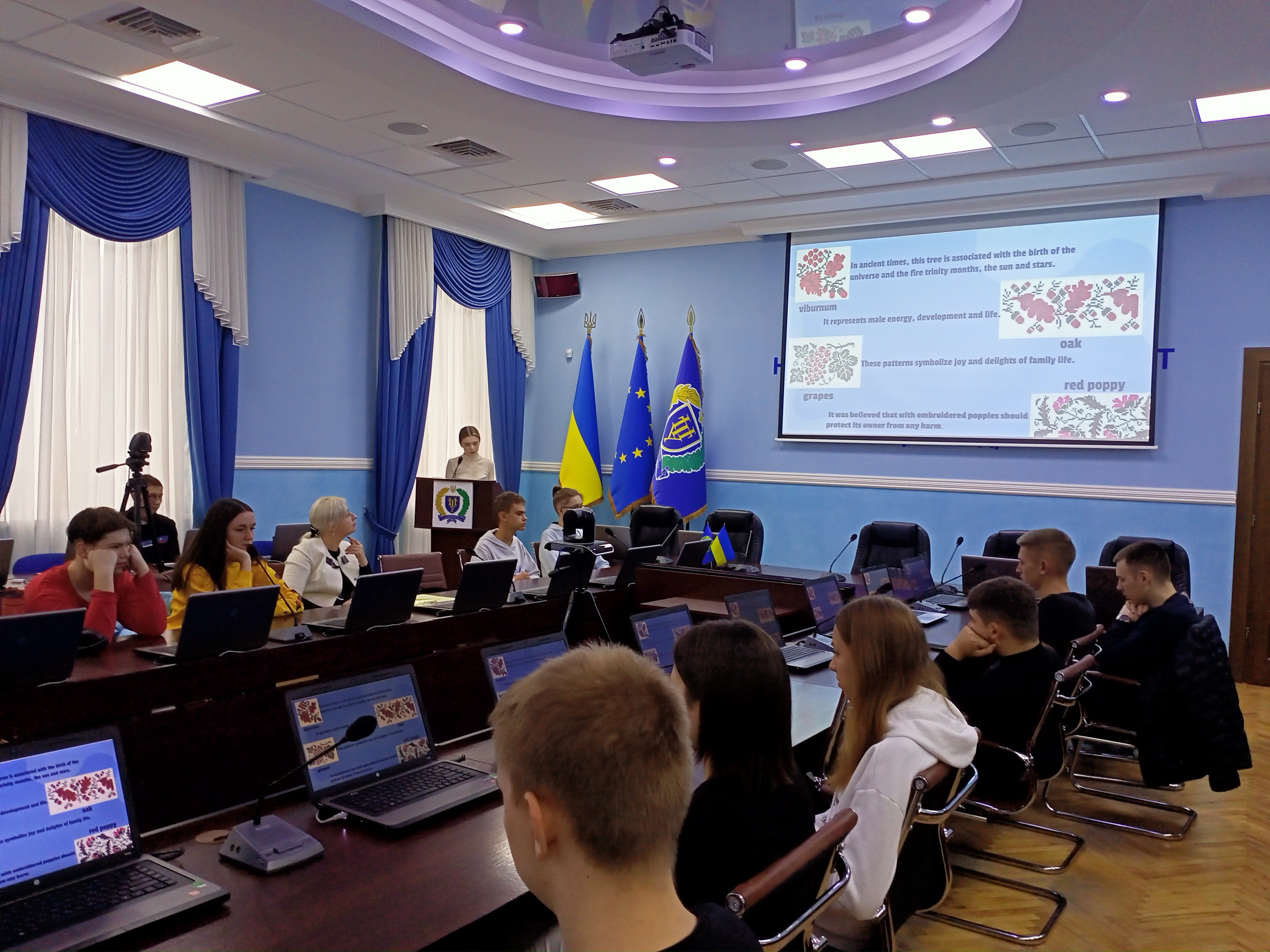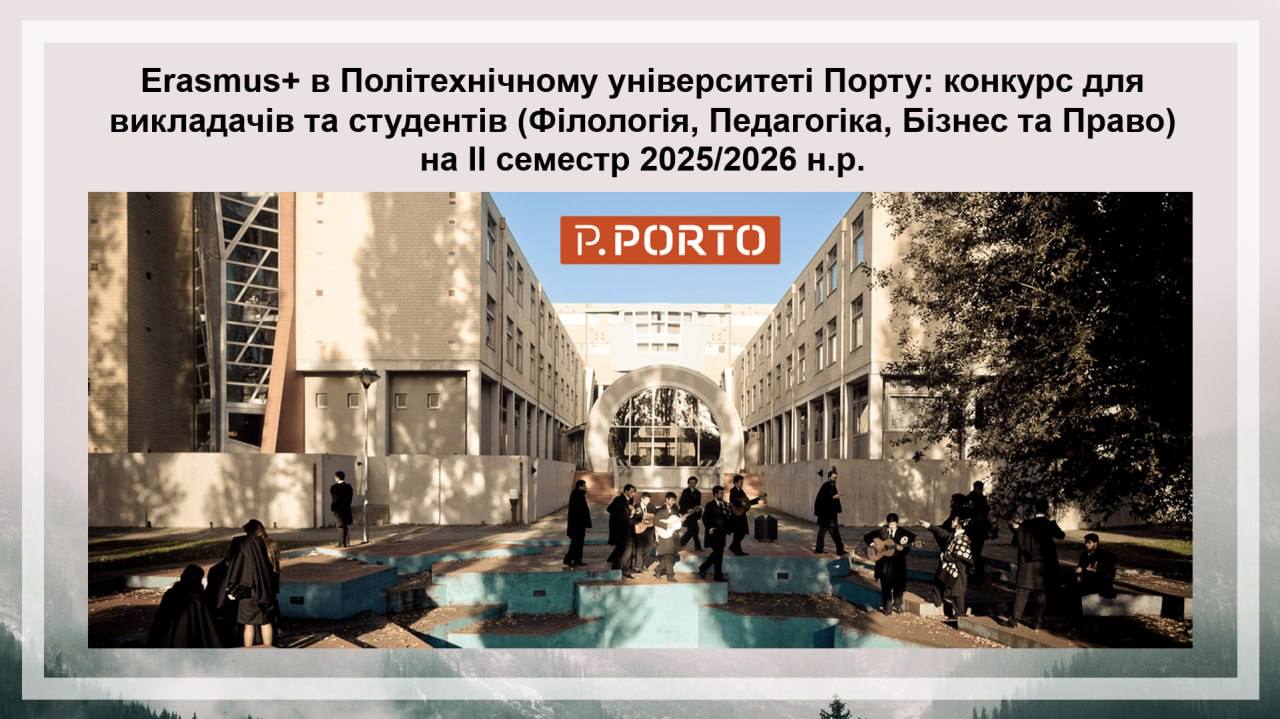On September 29, 2022, on the eve of the International Translator’s Day, participants of the students’ scientific club “Philology” under the leadership of the Head of the Council of Young Scientists of the Faculty of Philology, Psychology and Pedagogy, Candidate of Philological Sciences, Associate Professor of the Department of Germanic Philology and Translation of the National University “Yuri Kondratyuk Poltava Polytechnic”, a member of the Expert Council of Young Scientists at the Ministry of Education and Science of Ukraine, Anna Pavelieva, held the first sitting in the 2022/2023 academic year, dedicated to the peculiarities of translation into foreign language.
It is difficult to overestimate the importance of the translator’s profession in modern society, where its relevance is only growing, as in the conditions of war, the need to translate a large amount of documentation and news has increased tremendously, and translators have become real warriors of the information front, helping the state, private organizations and people affected by war. After February 24, 2022, new translation volunteer Telegram and Facebook communities appeared, where thousands of Ukrainian translators – from students and teachers to embassy translators – help everyone who needs it with translation into different languages of the world for free. Since February 2022, the number of translation conferences, trainings and webinars for translators and philology students, master classes on military and legal translation, as well as educational events dedicated to the problems of translation from the Ukrainian language into other languages of the world has increased significantly. Now, more than ever, it is important to explain to the world why it is correct to translate Kyiv, and not Kiev, Odesa, and not Odessa, and why it is necessary to be able to convey reliable information to the world community firsthand.
That is why the scientific club participants completed the end of the 2021/2022 academic year by acquiring new and relevant knowledge and skills during 13 interesting master classes from experienced Ukrainian translators, organized for philology students and schoolchildren of the city of Poltava by the head of the club, Anna Pavelieva.
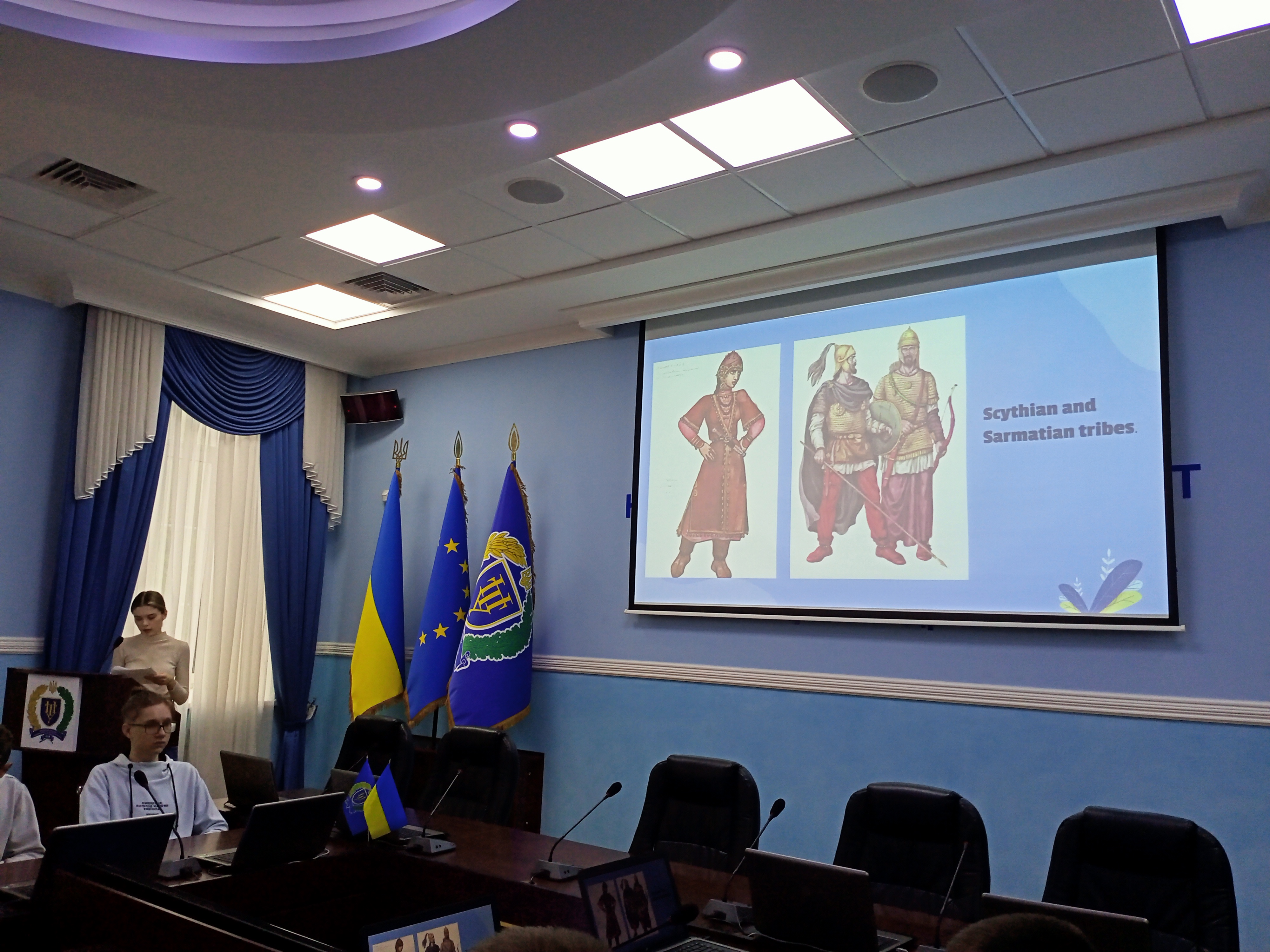


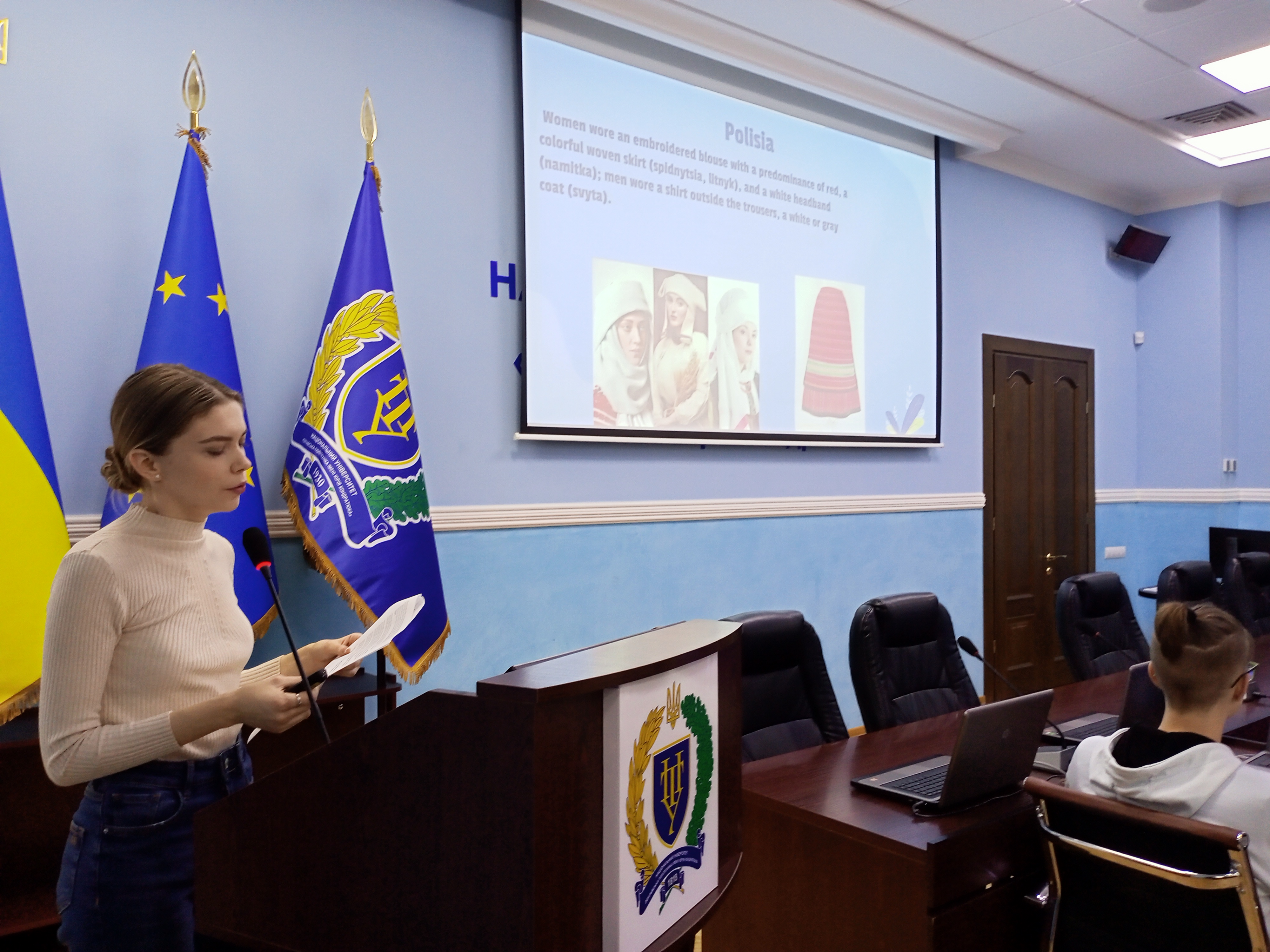














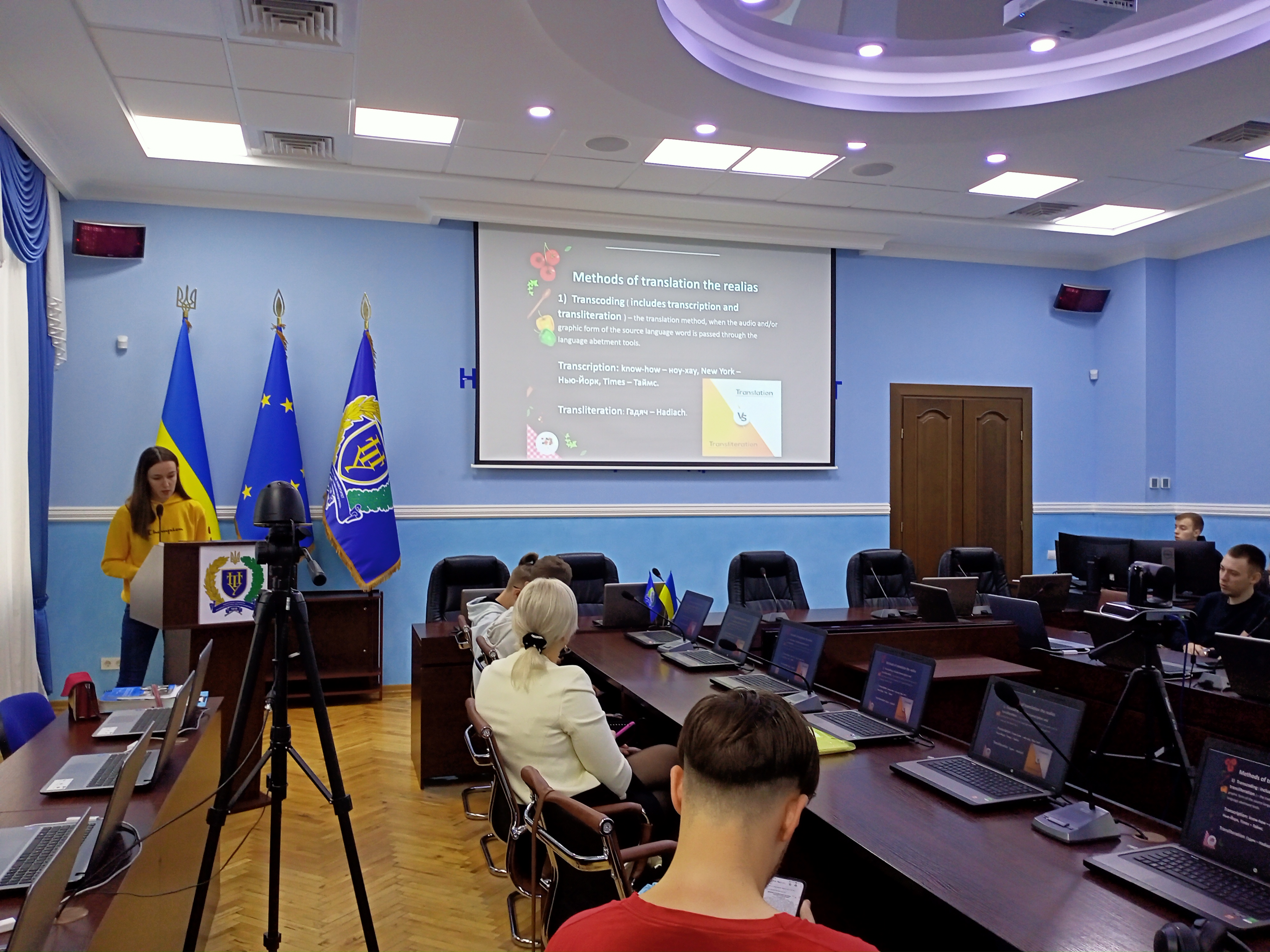
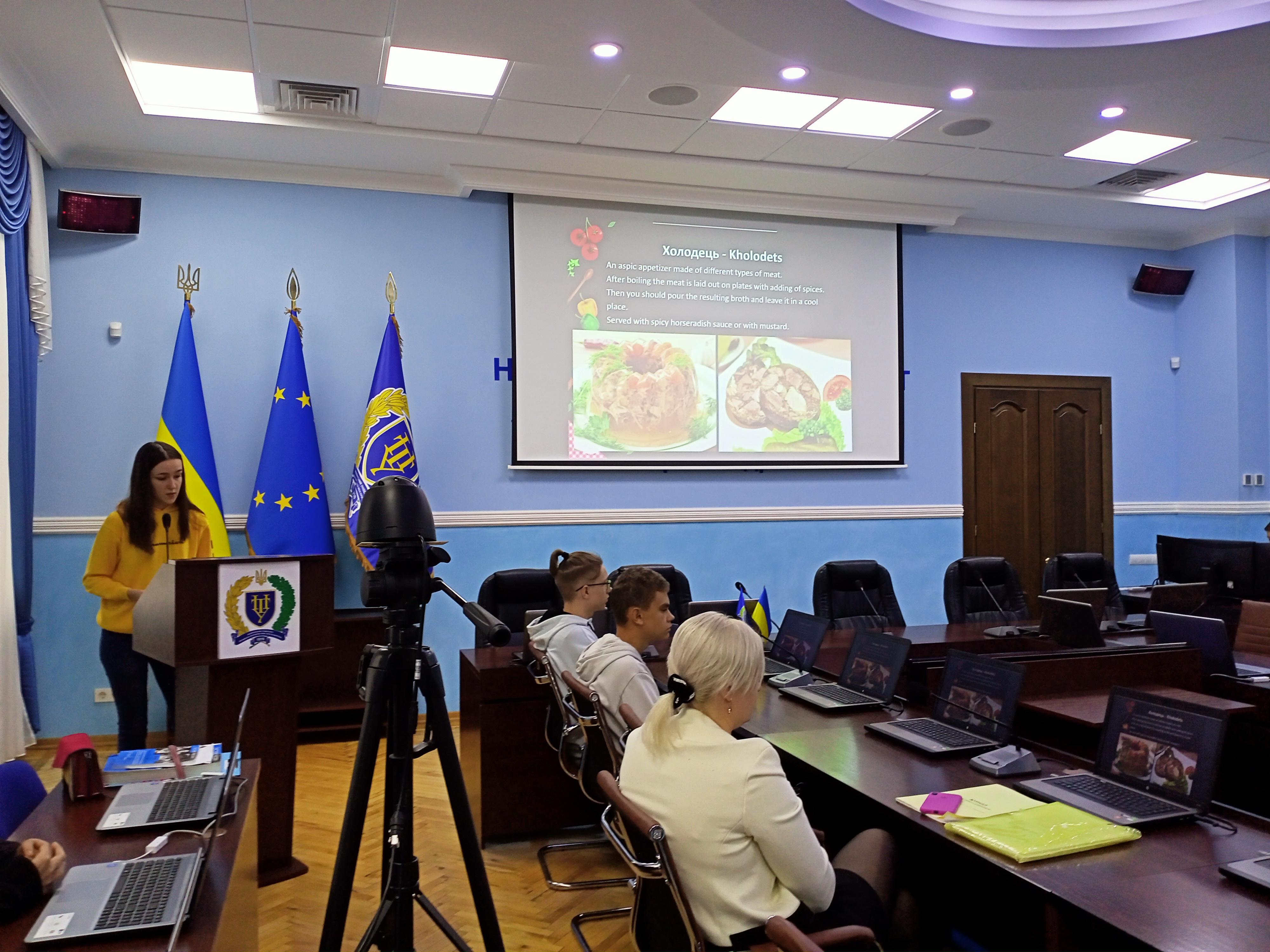


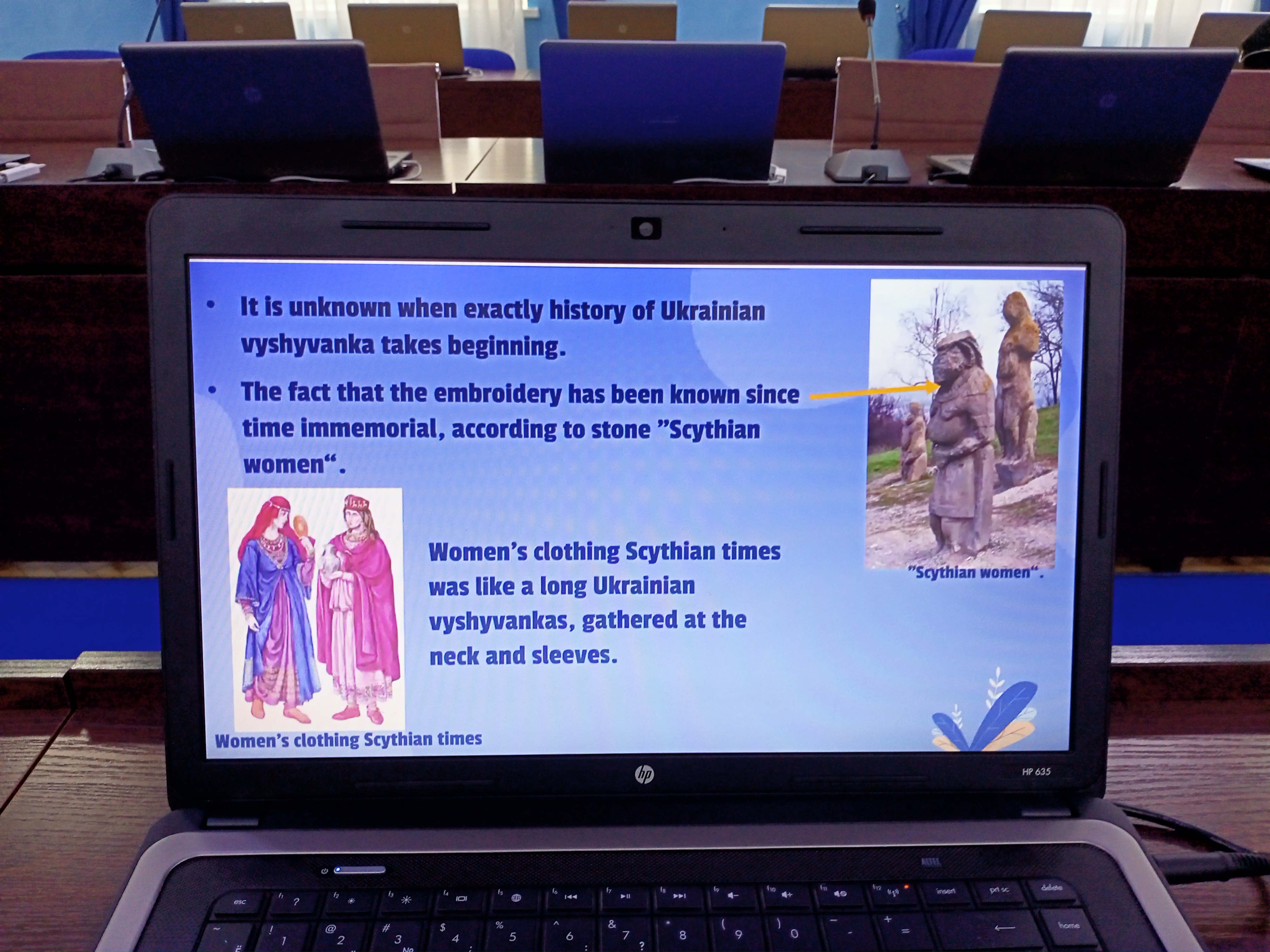
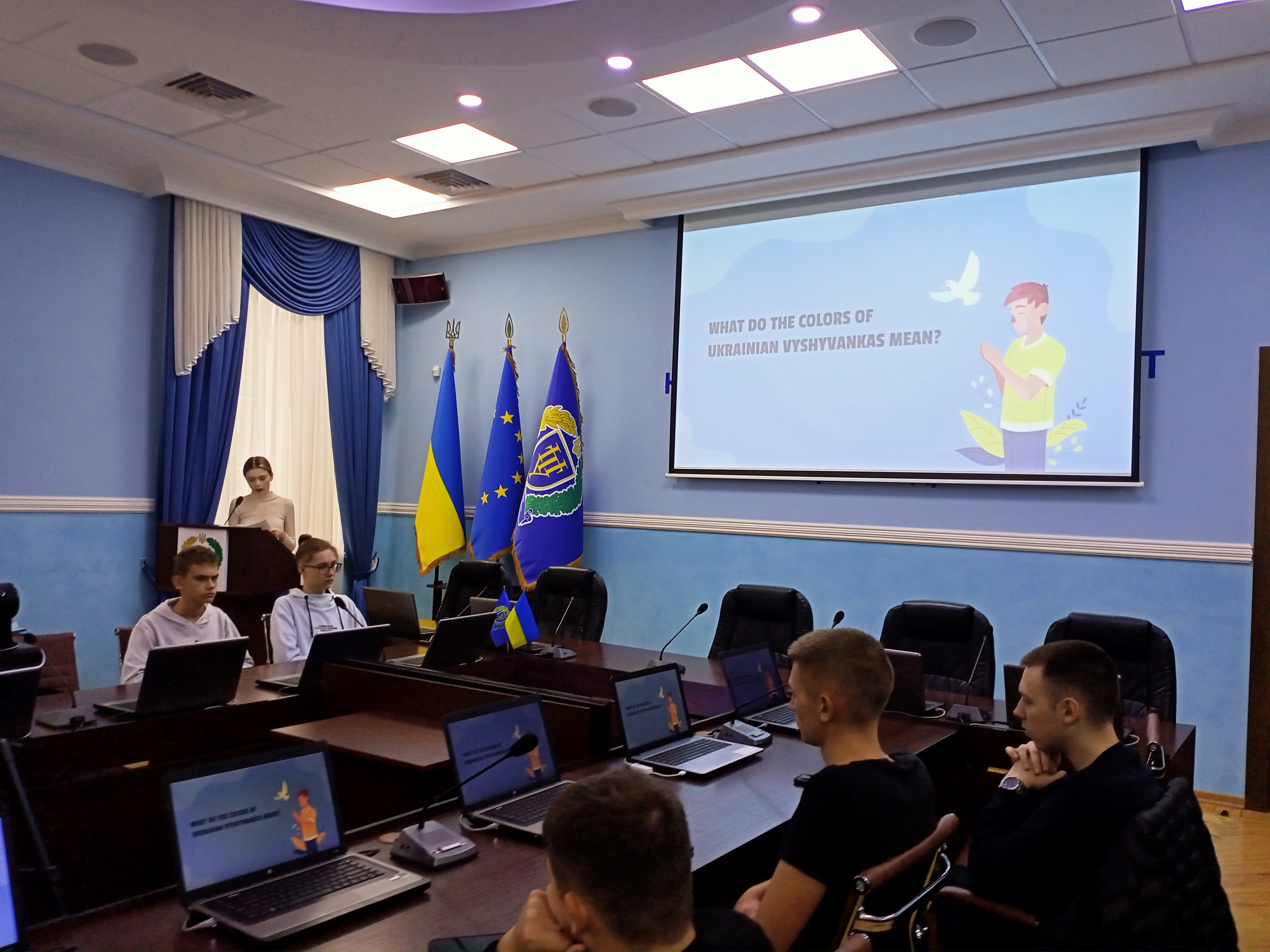
It is no coincidence that the topic of the first club’s sitting in the new academic year was Ukrainian realities as untranslatable socio-cultural lexical units as well as methods of their translation into English and German. Realities are objects and phenomena that are characteristic only of a single country, people, or linguistic community. Words-realities, as nationally specific, without an equivalent language unit, can cause difficulties during translation. In this regard, the practical aspects of the effectiveness of using individual translation methods and their combinations during the transfer of realities, clarifying the factors that affect the adequacy of the transfer of realities in another language, do not lose their relevance. Systematization and analysis of translation solutions based on the material of various texts contribute to a deeper understanding and solving problems of the theory and practice of non-equivalent vocabulary translation.

The issue of non-equivalent vocabulary translation is relevant even today, since translation scientists have not reached a common ground on how best to convey socio-cultural components in translation – by calquing, descriptive translation or equivalents and transcoding (transliteration or transcription) with the subsequent need to explain individual language units with the help of translation footnote and thus reloading the text with foreign language elements.
One of the main tasks of the translator is to adapt the translation, i.e., adapt the text to the level of the recipient's competence, so that the text is accepted by the reader without outside help. Therefore, there are two main difficulties in the transfer of realities during translation – the lack of correspondence (equivalent, analogue) in the language of translation due to the lack of an object (referent) denoted by this reality in the usage of this language speakers as well as the need, along with the objective meaning (semantics) of the reality, to convey its color (connotation) – national and historical coloring. All these factors must be taken into account by translators when translating realities into another language.
Philology students Yurii Movchan, Kateryna Pochtakova, Yana Kharchenko and Dmytro Khomenko have prepared scientific investigations devoted to the translation of lexemes to designate items of Ukrainian national clothing and Ukrainian dishes, idioms, proverbs and sayings, neologisms that arose during the russian-Ukrainian war as well as discussed their morphology, semantics and methods of translation into English and German, taking into account extralinguistic factors, cultural specificity, differences between unrelated languages and the political situation. First-year students of the Educational and Research Institute of Oil and Gas, together with senior lecturer of the Department of Germanic Philology and Translation of the Poltava Polytechnic Svitlana Manhura, participated in the scientific club sitting and actively joined discussions along with asking questions to the speakers.
“Personally, I realized that there is no single solution to the problem of translating Ukrainian realities into Germanic languages, since, first of all, for an adequate translation of a reality, the translator needs to understand it as well as the intention of text or work’s author, take into account the cultural, historical, political and social context. At the same time, when choosing a translation method, not only the intention of the author of the text, but also the opinion of the author of the translation plays a big role. The translator chooses one or another technique, relying on the translation sense, the knowledge gained and the experience accumulated in the process of work, so the final word, regardless of theoretical studies, mostly remains with the translator-practitioner, who becomes a co-author of the text/work and is responsible for the adequacy of the translation,” – commented permanent member of the club, a fourth-year student of the specialty 035 “Philology” Yurii Movchan.
























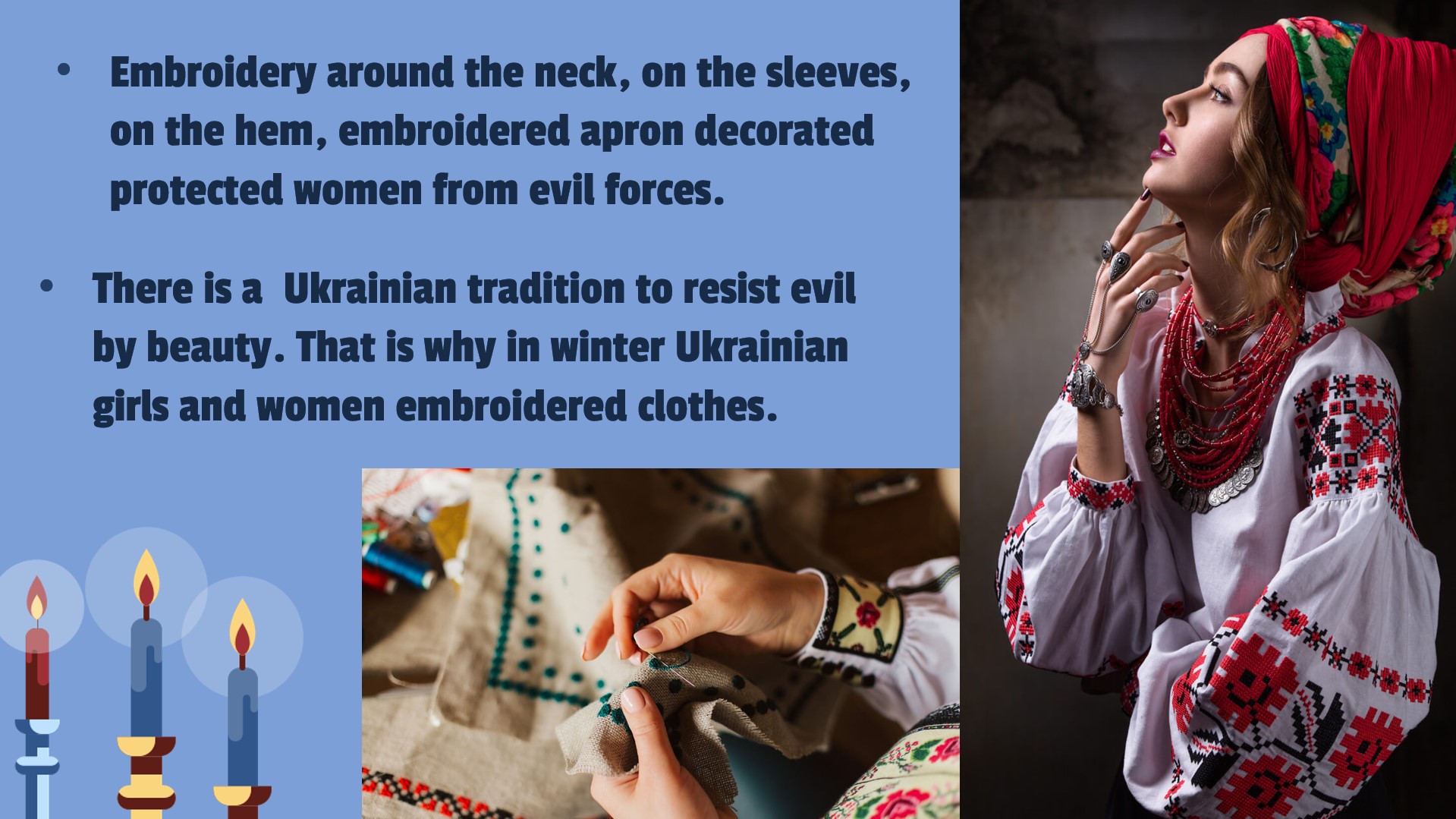










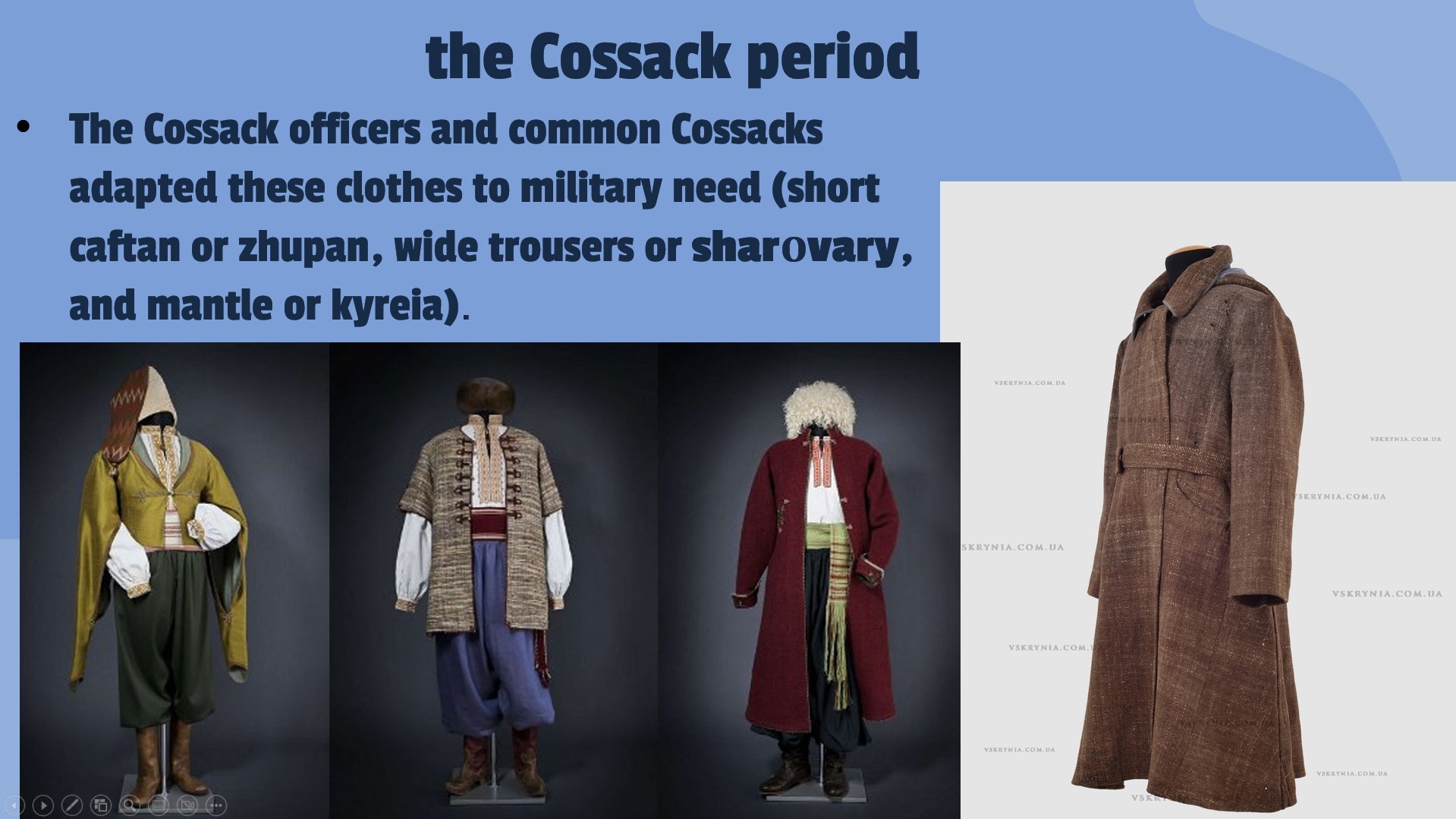
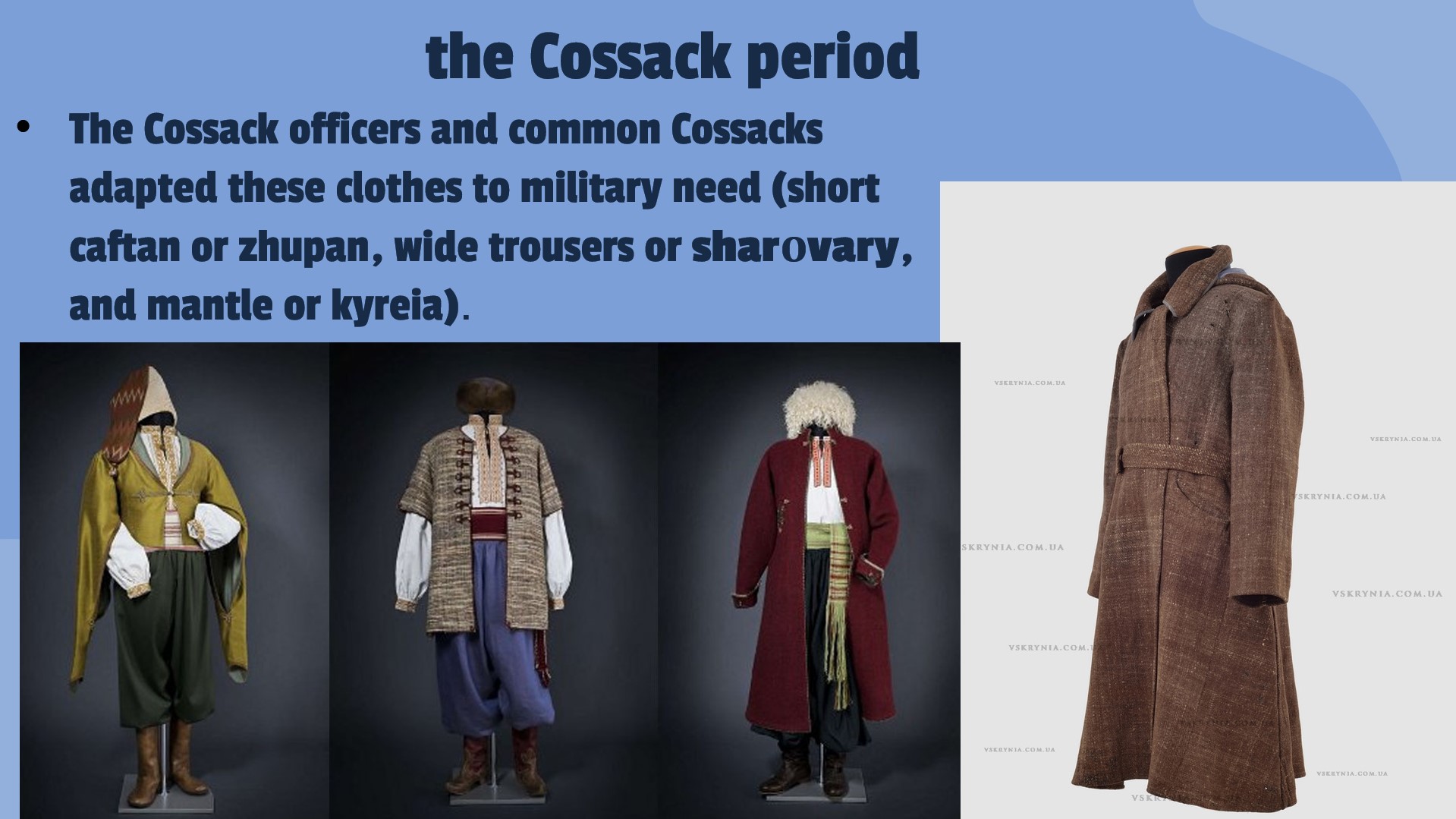
It should be recalled that the sittings of the students’ scientific club “Philology” take place at the Faculty of Philology, Psychology and Pedagogy of the Poltava Polytechnic at least once a month.
The next sitting of the club will be held in October, 2022. Students, schoolchildren of Poltava and the region who are interested in the problems of linguistics, philology and translation studies are invited to participate.
For additional information on the time and place of the scientific club sittings, please contact the Department of Germanic Philology and Translation (Room 310-C) or directly the head of the club – Anna Kostiantynivna Pavelieva by phone: (095) 91-08-192
Previously, the members of the scientific club discussed the FutureLearn educational platform for preparing for the IELTS Speaking Test, investigated the chronotopic coordinates of Mykola Gogol’s tale “May Night, or the Drowned Maiden”, presented translation studies of tokens for denoting food in the creative heritage of the writer, presented researches on the work of the author of the poem “Mazepa”, researched translations of phraseology in Mykola Gogol’s novel “Evening before Ivan Kupala”, studied the life and career of William Somerset Maugham, researched modern educational technologies, presented translation studies of the “father” of a classic detective and author of adventure novels, studied the creative heritage of Lake poets, exchanged life hacks on translating advertising slogans from global brands, researched a satirical novel by Mikhail Bulgakov and discussed the creative heritage of Polish science fiction writer, the work of the mystic writer and contemporary Nobel laureate writers, researched the origins of the popularity of British writers of the 20th century, discussed gender stereotypes imposed by advertising and the mass media, and conducted translation workshops for students of Scientific Lyceum No. 3.
Media Center of
National University “Yuri Kondratyuk Poltava Polytechnic”
